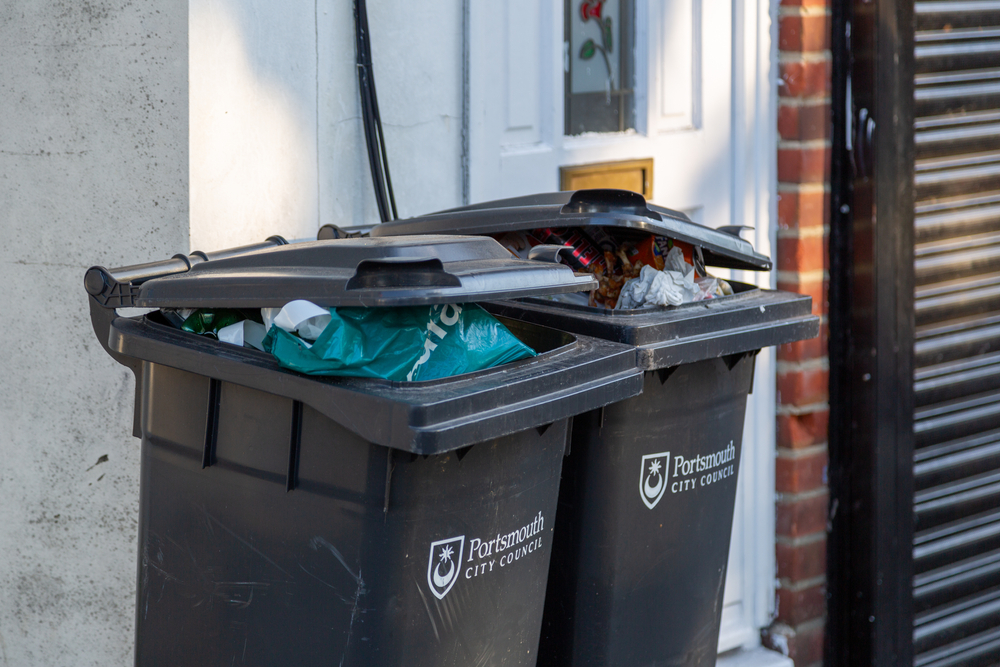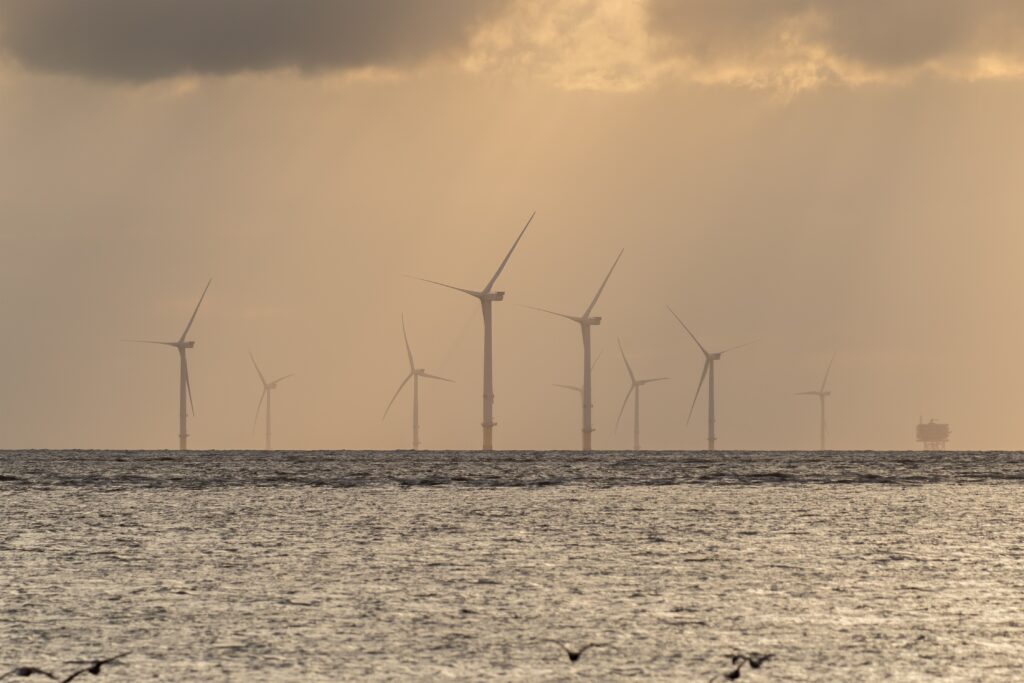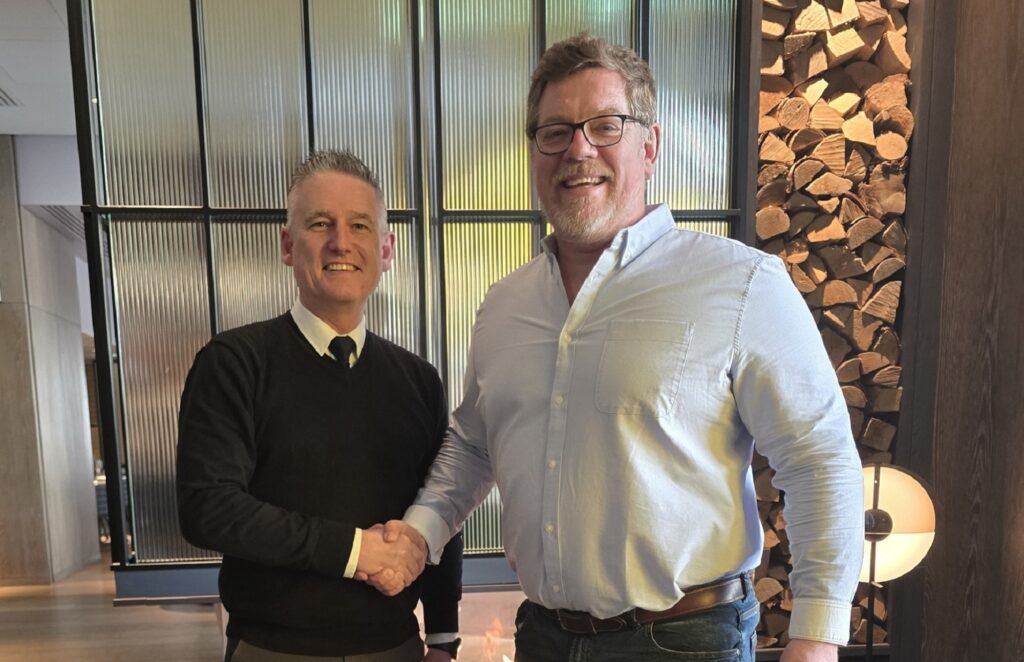The engineer said he hopes that a landfill-tax-style tariff on the industrial burning of household rubbish would increase the uptake of recycling, recovery and repair of discarded materials.
Waite’s new book – Rethinking the Concept of Waste and Mass Consumption – highlights several other reforms, including an overhaul of kerbside wheelie bin collections and a ban on household waste exports.
Additionally, he highlighted that UK households generate more than 27 million tonnes of waste annually and recycling rates have risen by just 12% in a decade.
Waite commented: “When I was first working in this field, landfill disposal was so cheap that it was very difficult for local authorities to implement recycling or recovery schemes as they were so much more expensive than landfill.
“This situation only changed when the government introduced the Landfill Tax as a way of artificially increasing the cost of landfill, to make recycling and recovery more financially viable.
“This has made the costs of recycling and recovery much more competitive with landfill. However, it has had the unintended consequence of also making Energy from Waste (EfW) incineration more competitive with landfill and in some cases, in terms of some materials such as plastics, it has made incineration less expensive than recycling.
“Consequently, waste disposal authorities have gone down the EfW incineration route as the least cost option. This needs to be addressed and the blindingly obvious conclusion is that we now need the UK governments to impose an Incineration Tax, at least on Household Waste.”
Waite’s book is available now.
UK Emissions Trading Scheme
The book comes as the government consults on amending the UK Emissions Trading Scheme (ETS) – which includes proposals to include waste incineration and EfW in the scheme from 2028.
Waite argues that a tax would make the burning of waste no longer the cheaper option compared with “environmentally friendly” disposal methods.
Simpler Recycling
Waite seems to agree with government plans for Simpler Recycling.
In the book, he has called for “a much simpler system of household waste collection” where residents would have three containers – mixed ‘dry’ recyclables, residual waste, emptied fortnightly, and a food waste bin emptied weekly.
He has suggested that capacity would be increased for plants that can separate and recycle ‘dry’ materials such as cardboard.








Subscribe for free